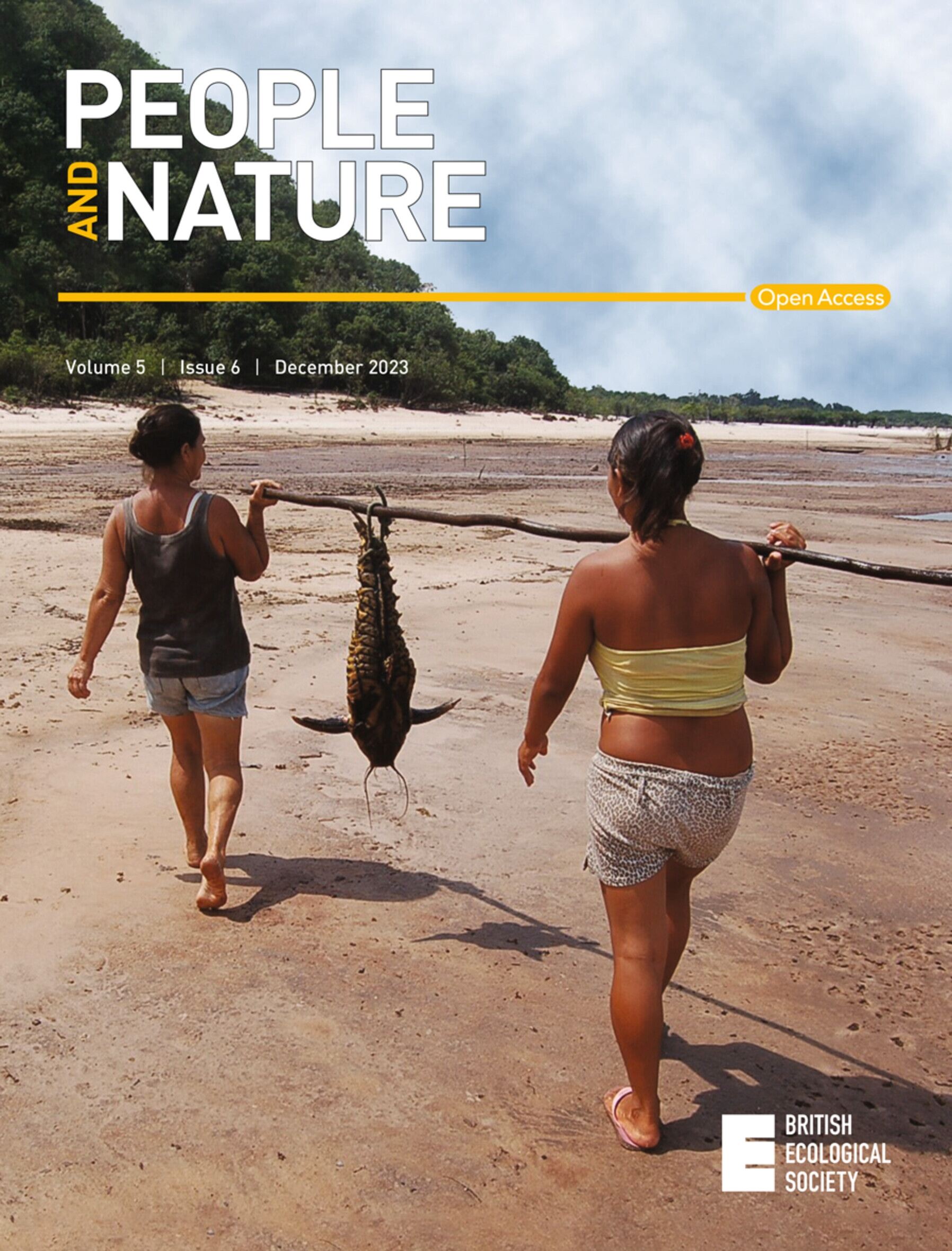Ethnoecological perspectives on environmental stewardship: Tenets and basis of reciprocity in Gitxsan and nłeʔkepmx (Nlaka'pamux) Territories
IF 4.2
1区 环境科学与生态学
Q1 BIODIVERSITY CONSERVATION
引用次数: 0
Abstract
Local and Indigenous Peoples steward and protect a significant proportion of biologically diverse ecosystems globally. This fact is increasingly acknowledged by researchers and international organizations, offering both opportunities and challenges at the intersection of Indigenous and western knowledge production in the context of environmental management research and policy. Drawing on half a century of ethnoecological research and personal experiences in Gitxsan and nłeʔkepmx Territories in the Pacific Northwest of North America, this research considers the role of reciprocity as an inherent philosophy and tenet for successful environmental stewardship. Reciprocity is a legal responsibility and moral perspective that foregrounds many Indigenous worldviews. Such cultural drivers and obligations towards lands and biota appear to be unknown, marginalized or instrumentalized in mainstream and western science and policy. We conclude that fundamental elements of reciprocity may not be adequately blended or braided into western environmental management frameworks. As such, alternatives to blending include acknowledging sole proprietary and self‐determining rights for Indigenous Peoples to govern and steward lands outside of western infrastructures and value systems. This study raises critical questions about the feasibility of reconciling reciprocity with western environmental management practices and regulations. It explores the implications for Indigenous rights and sovereignty, and climate change mitigation. By addressing these complex issues, we contribute to ongoing discourse on the integration of Indigenous and western knowledge in environmental stewardship research, and the ethical, historical and cultural challenges that come with it. Read the free Plain Language Summary for this article on the Journal blog.环境管理的民族生态学视角:Gitxsan 和 nłeʔkepmx(Nlaka'pamux)地区的互惠原则和基础
在全球范围内,地方和土著人民管理和保护着很大一部分具有生物多样性的生态系统。研究人员和国际组织日益认识到这一事实,这为环境管理研究和政策背景下土著和西方知识生产的交叉提供了机遇和挑战。根据半个世纪的民族生态学研究以及在北美西北太平洋地区 Gitxsan 和 nłeʔkepmx 领地的亲身经历,本研究探讨了互惠作为成功环境管理的固有理念和原则所发挥的作用。我们的结论是,互惠的基本要素可能无法与西方环境管理框架充分融合或编织在一起。因此,混合的替代方案包括承认土著居民在西方基础设施和价值体系之外管理和看护土地的唯一所有权和自决权。这项研究提出了关于互惠性与西方环境管理实践和法规是否可行的关键问题。本研究就互惠与西方环境管理实践和法规之间的协调是否可行提出了关键问题,并探讨了对土著权利和主权以及减缓气候变化的影响。通过解决这些复杂的问题,我们为正在进行的关于在环境管理研究中整合土著和西方知识的讨论以及随之而来的伦理、历史和文化挑战做出了贡献。
本文章由计算机程序翻译,如有差异,请以英文原文为准。
求助全文
约1分钟内获得全文
求助全文
文献相关原料
| 公司名称 | 产品信息 | 采购帮参考价格 |
|---|

 求助内容:
求助内容: 应助结果提醒方式:
应助结果提醒方式:


